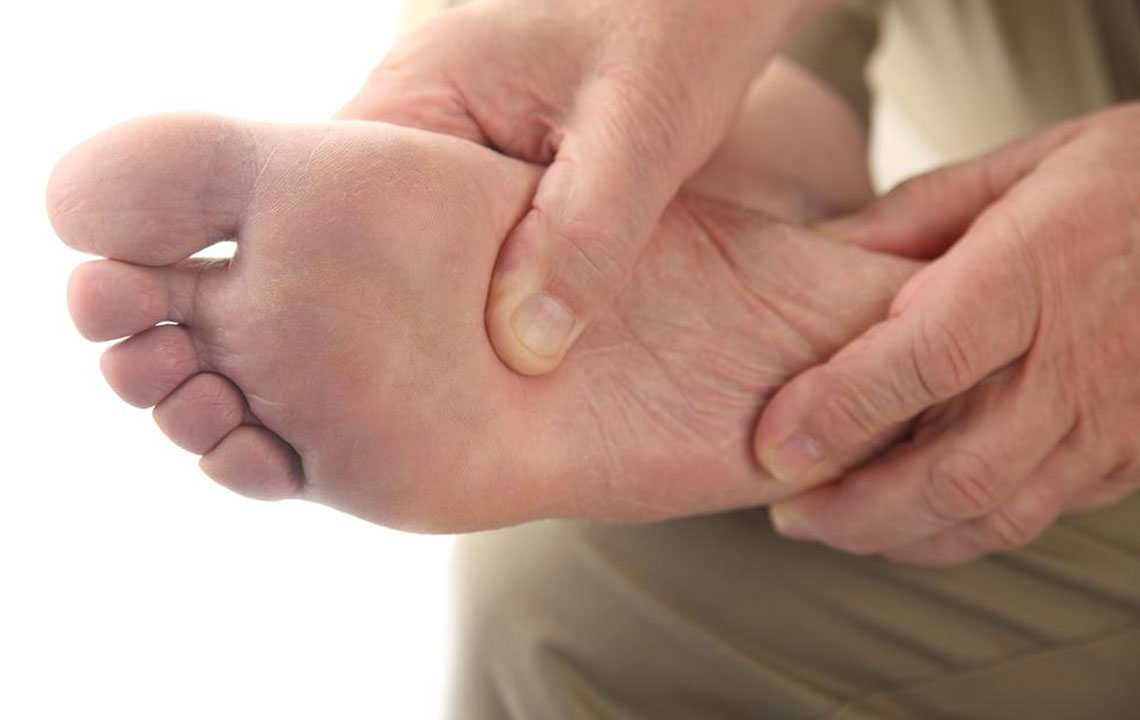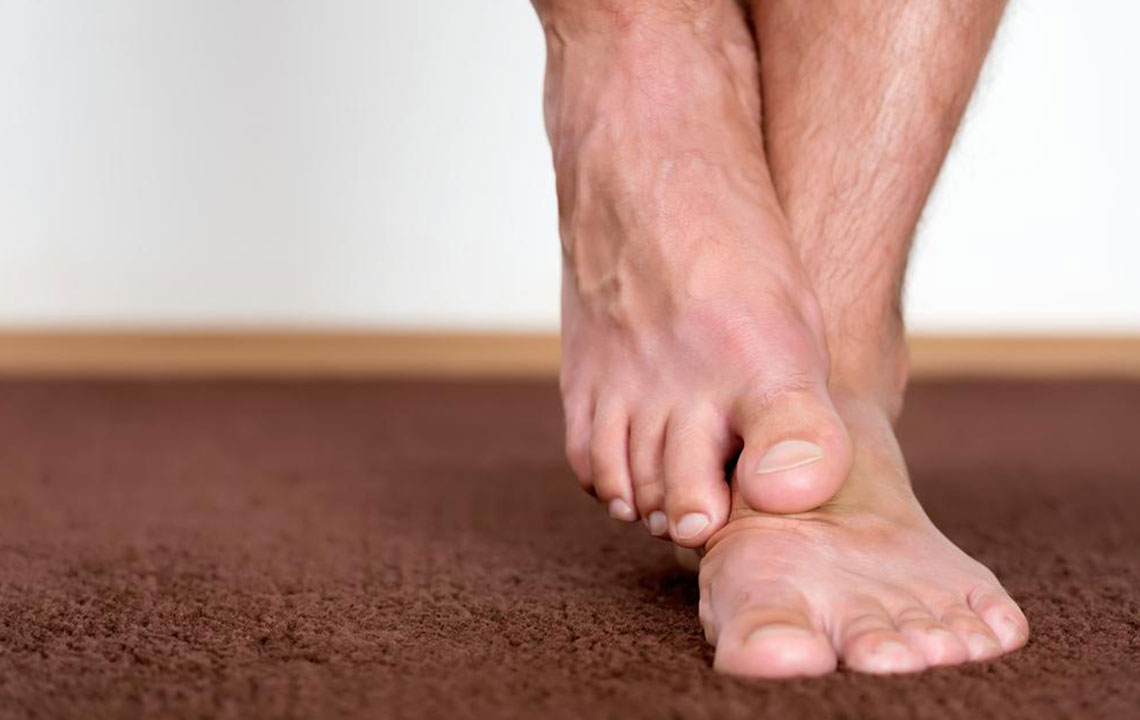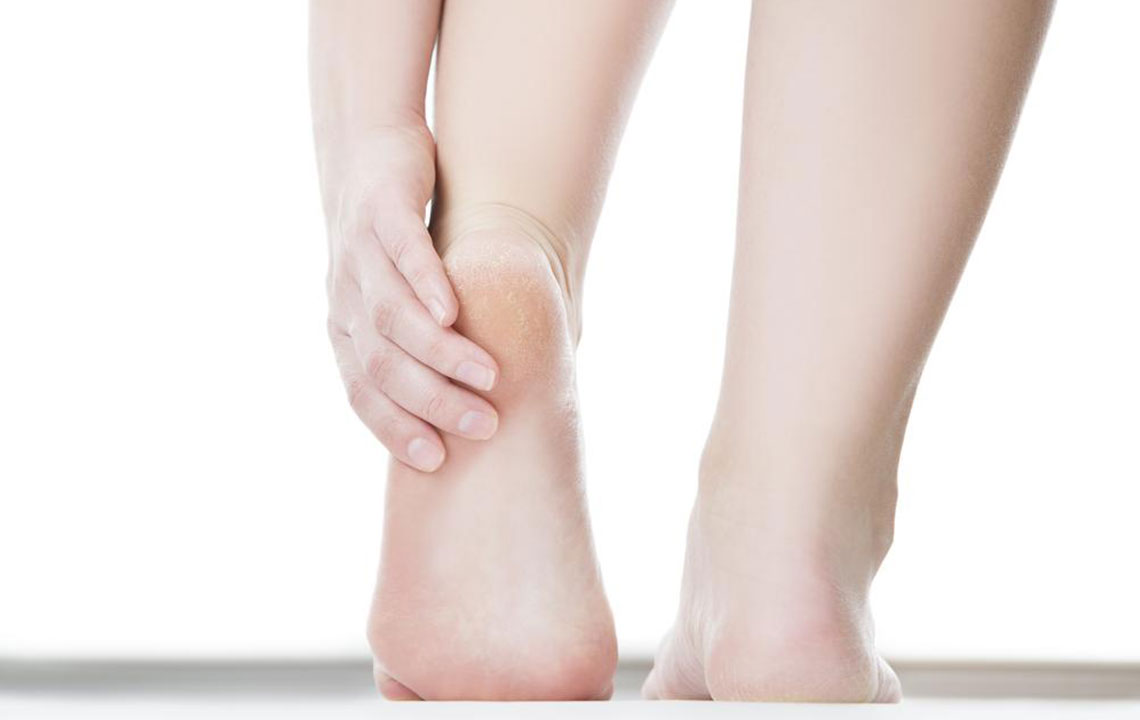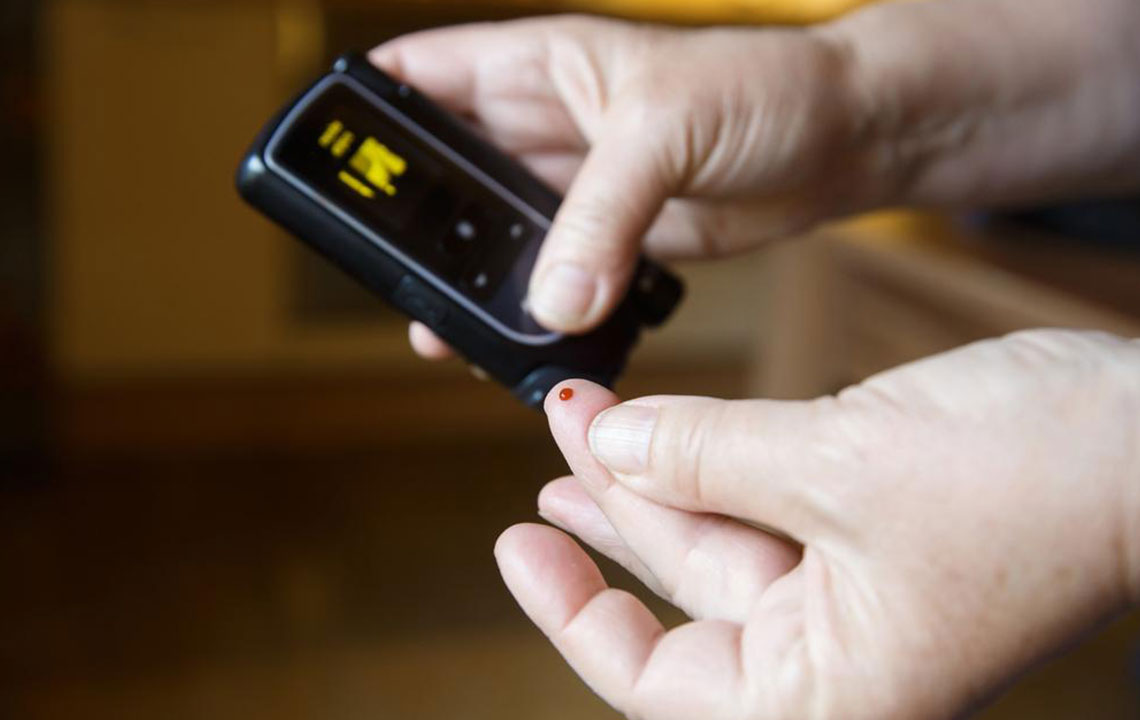Effective Strategies for Managing Diabetic Nerve Damage
Manage diabetic nerve damage effectively by maintaining blood sugar levels, adopting healthy lifestyle habits, and seeking timely medical care. Regular foot inspections and personalized treatments can prevent severe complications like amputations. Early intervention and consistent monitoring are key to controlling this common complication of diabetes.
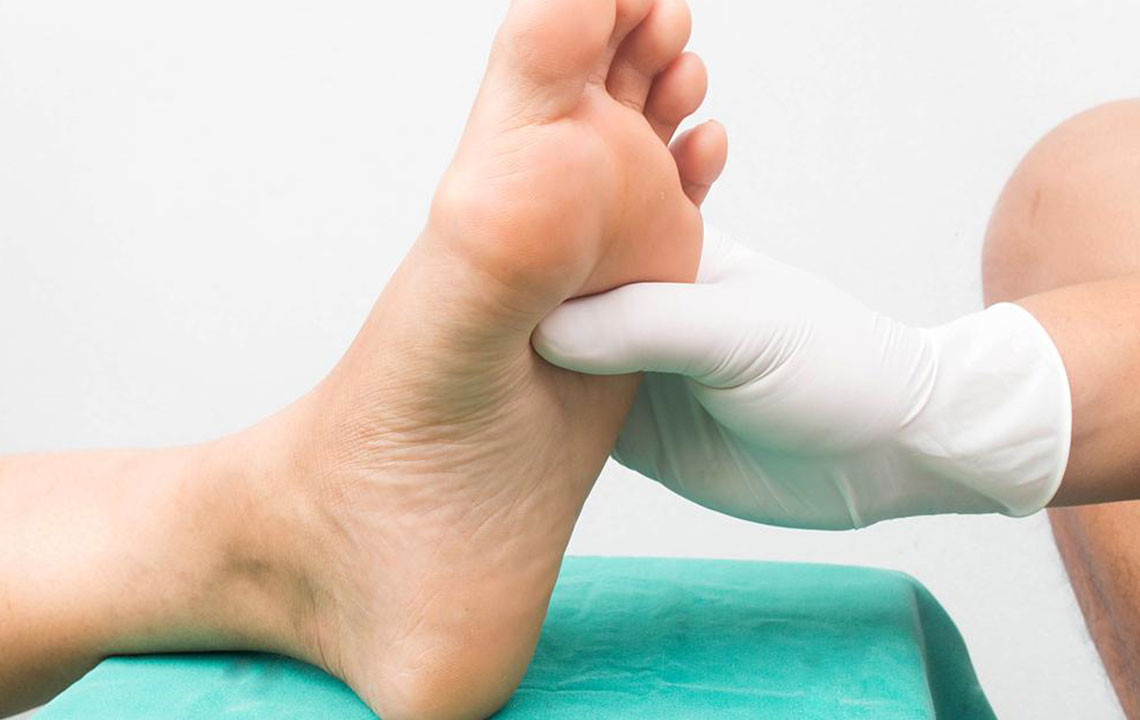
Effective Strategies for Managing Diabetic Nerve Damage
Diabetic nerve damage is a common complication affecting both type-1 and type-2 diabetes, impacting around 70% of individuals with elevated blood sugar levels. It results from long-term uncontrolled glucose, often progressing silently without obvious symptoms initially. Early detection is crucial; symptoms like numbness, tingling, pain, or weakness in limbs should prompt immediate medical consultation. Severe cases can lead to infections, injuries, or even amputations, especially in the extremities. Regular blood sugar monitoring, medical checkups, and lifestyle adjustments are essential in managing this condition.
The root cause is persistent high blood glucose, with other factors like high cholesterol damaging blood vessels and nerves. Lifestyle habits, including excessive alcohol consumption, smoking, and vitamin B12 deficiency, can contribute. Doctors diagnose nerve damage through physical exams, sensitivity tests, and reflex assessments. Treatment options include pain medications, alternative therapies like acupuncture, and managing blood sugar through diet and exercise. Proper foot care and regular inspections help prevent complications such as ulcers or amputations, making proactive management vital.
Maintaining a healthy weight, eating balanced meals, and avoiding fats and fibers that aggravate symptoms are recommended. For associated issues like digestive or reproductive problems, tailored treatments are advised. Keeping blood sugar levels in check and adhering to medical guidance can slow or prevent nerve damage progression, underscoring the importance of close medical supervision. Prioritize foot care, regular checkups, and lifestyle changes to effectively control diabetic neuropathy.


